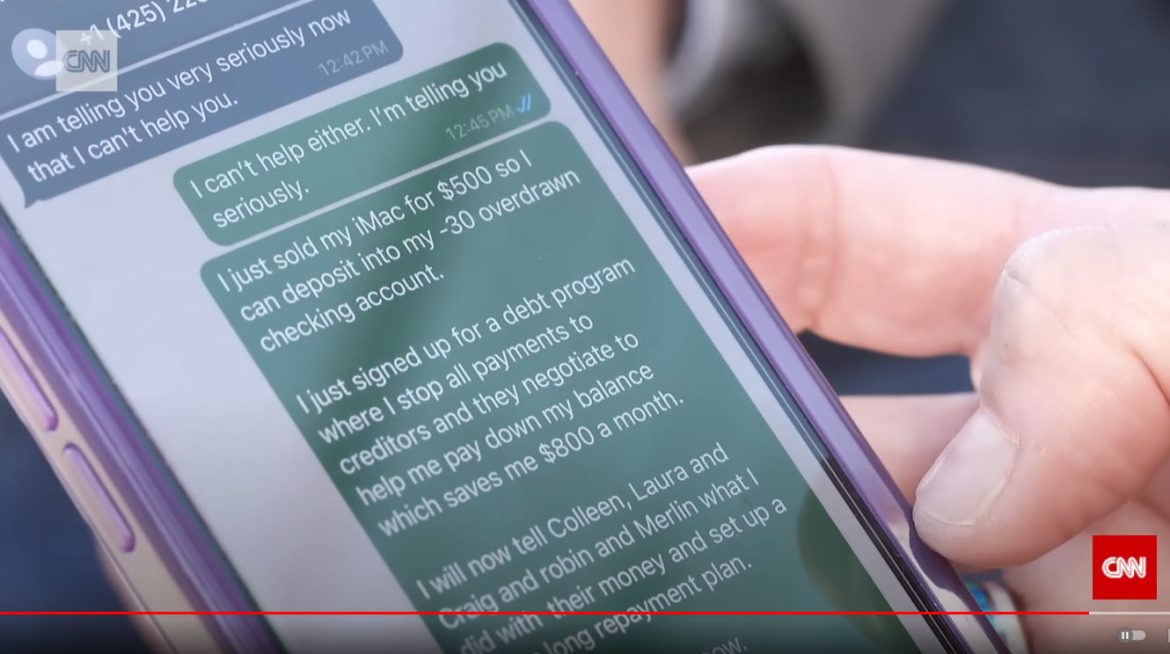The prevalence and sophistication of online romance scams are on the rise, with consumers losing over a billion dollars to such frauds in 2023, according to the Federal Trade Commission (FTC). The alarming statistics highlight a growing trend in which scammers exploit emotional vulnerabilities to defraud unsuspecting victims.
The FTC’s latest report reveals that approximately 40 percent of those who reported losing money to romance scams in 2022 said their initial contact with the scammer occurred on social media platforms. The median financial loss per victim was around $2,000, with nearly three-quarters of those scammed being men.
Romance scams typically involve criminals creating fake profiles on dating sites or social media platforms, where they build a relationship and gain the trust of their targets. Over time, they manipulate their victims into sending money, sharing financial information, or providing access to their accounts. These scams can be highly sophisticated, often involving elaborate stories and fabricated identities.
The increasing sophistication of these scams makes them particularly dangerous. Scammers often invest significant time and effort into grooming their victims, using psychological manipulation techniques to create a sense of intimacy and urgency. This can lead victims to make financial decisions they would not normally consider.
The financial impact of these scams is profound, but the emotional toll can be equally devastating. Victims often feel a deep sense of betrayal and shame, which can deter them from seeking help or reporting the crime.
Authorities urge the public to remain vigilant and educate themselves about the warning signs of romance scams. Common red flags include requests for money, especially if the requests are urgent or involve unusual payment methods such as gift cards or wire transfers. Scammers may also avoid in-person meetings or live video chats, making excuses to maintain their deception.
If you suspect you are being targeted by a romance scam, it is crucial to report it immediately. The FTC provides a platform for reporting fraud at ReportFraud.ftc.gov, and the Federal Bureau of Investigation (FBI) can also be contacted for assistance.
The rise in romance scams underscores the need for increased awareness and preventative measures. By understanding how these scams operate and being cautious with online interactions, individuals can better protect themselves from falling victim to such deceitful schemes.



